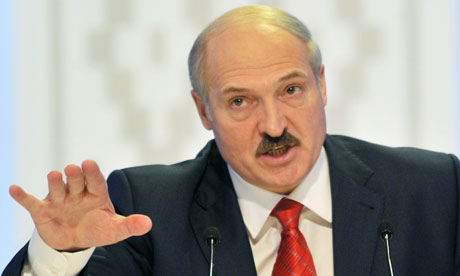It probably won't come as a surprise to people that I love maps. From an early age I pored over them, and on our biannual family drives from Scotland to Czechoslovakia I would study our route and navigate for my dad. As I grew older I understood how maps could display so much more information than simple topography and place names: climate, industry, agriculture, ethnography, linguistics, politics - all are made clearer and more immediate with the help of a good map. I'm particularly fascinated by historical maps, with their imprecise coastlines, challenging handwriting, and flights of fancy (here be dragons). But especially because they show a reality that once existed and which isn't necessarily acknowledged today. Sure, London and Paris have been around for over 1000 years, but if you go back 2000 years then they disappear, only to be replaced by Londinium and Lutetia. Borders, which, today, feel immutable and permanent, ebb and flow, disappearing and reappearing with metronomic regularity. Names and national identities, for which people go to war and innocents die, are in fact ephemeral and subjective. Belarus epitomises this (un)reality perfectly. Attempts to find (the name) Belarus in old maps will more than likely come up blank; and if you do find it, it won't be where it is today.
 |
| Maps have a strange power. This map of China, from 1735, was recently given as a present from German chancellor Angela Merkel to China's president Xi Jinping on a state visit. A nice present you would think. However it caused huge waves on the Chinese blogosphere because it doesn't show Tibet, Xinjiang, Taiwan or Inner Mongolia as being Chinese, despite the Chinese official narrative of these being immutable parts of China since "ancient times". [For a more detailed analysis see this article.] |








